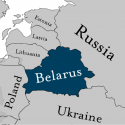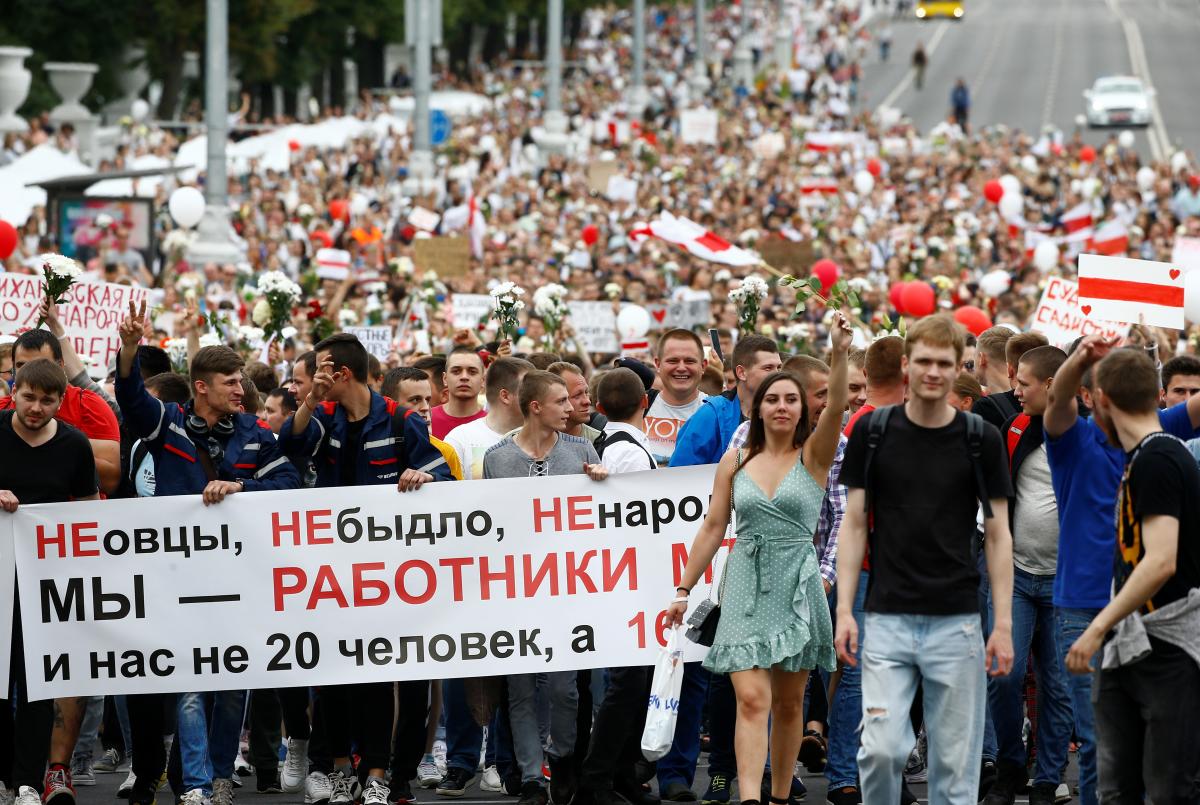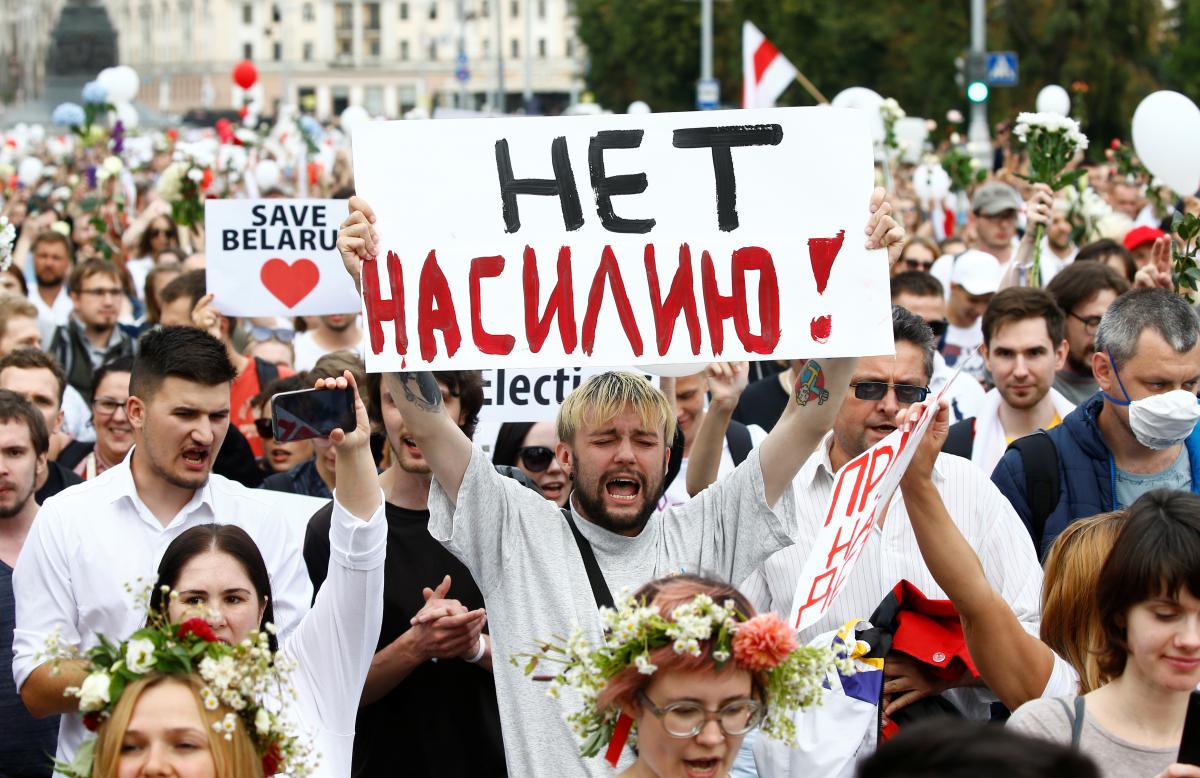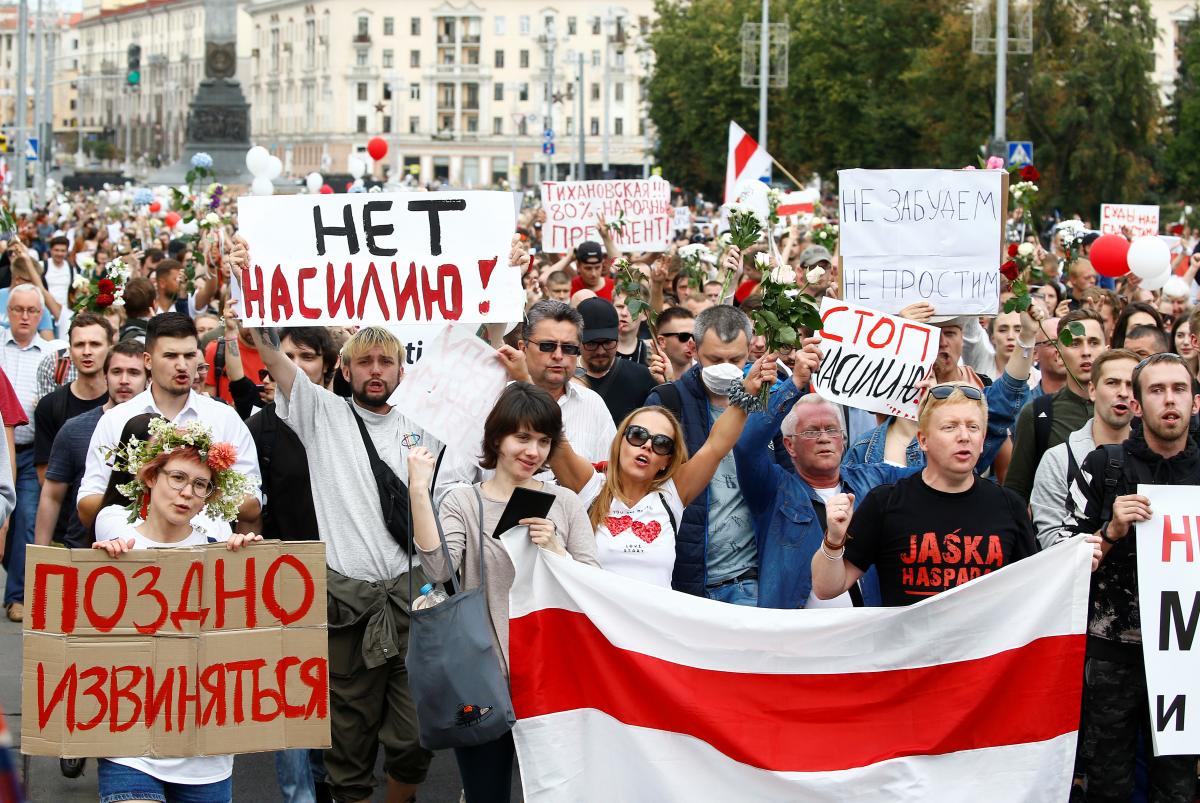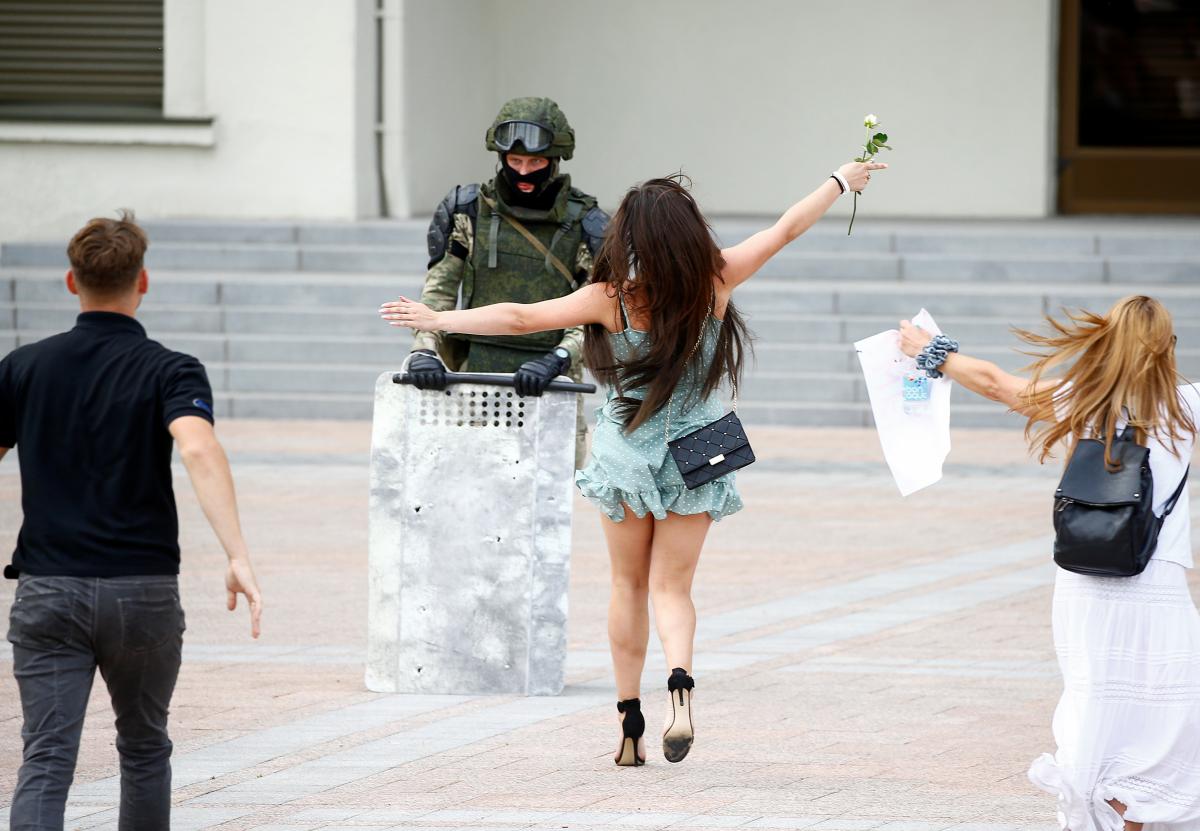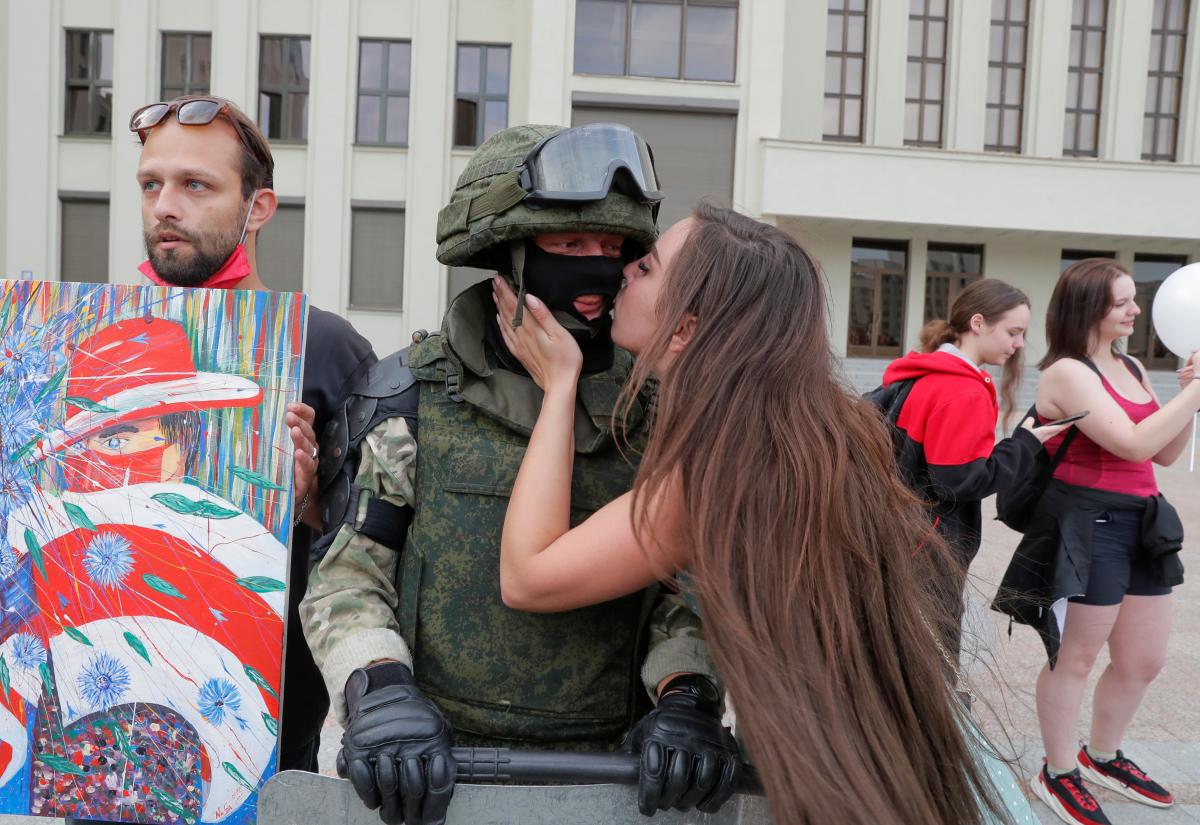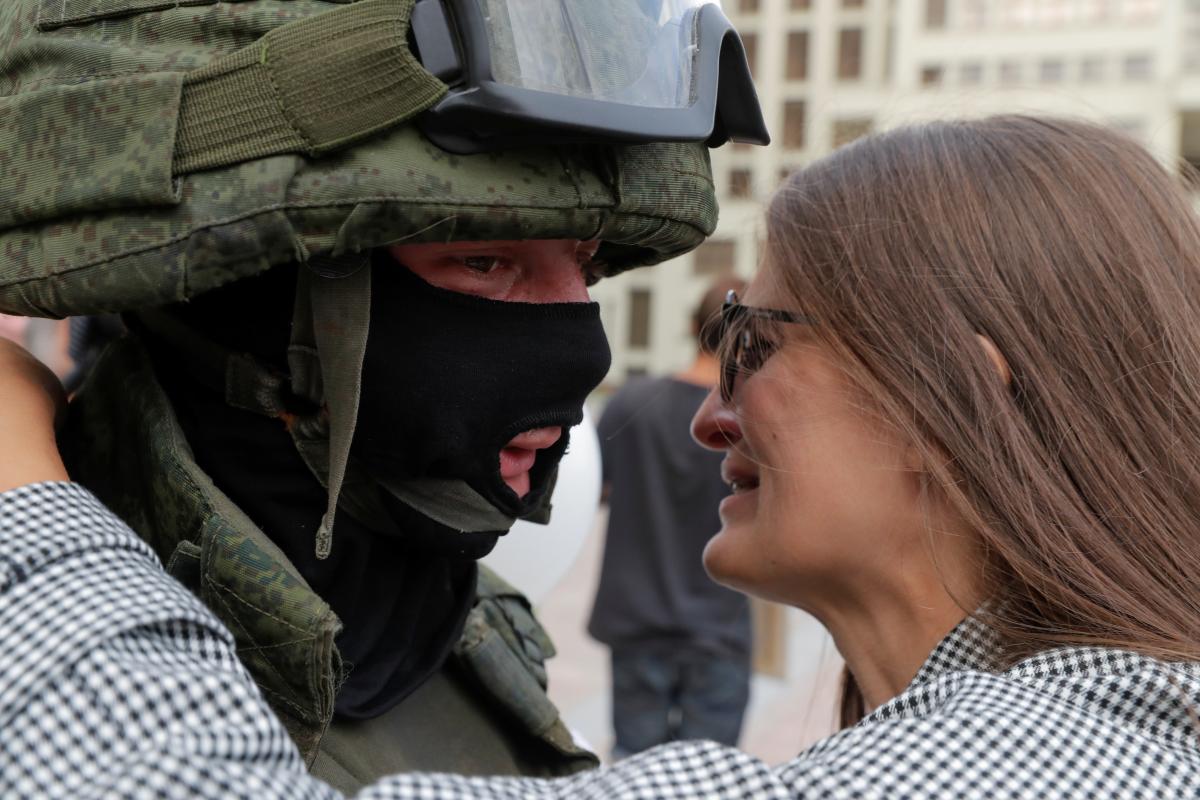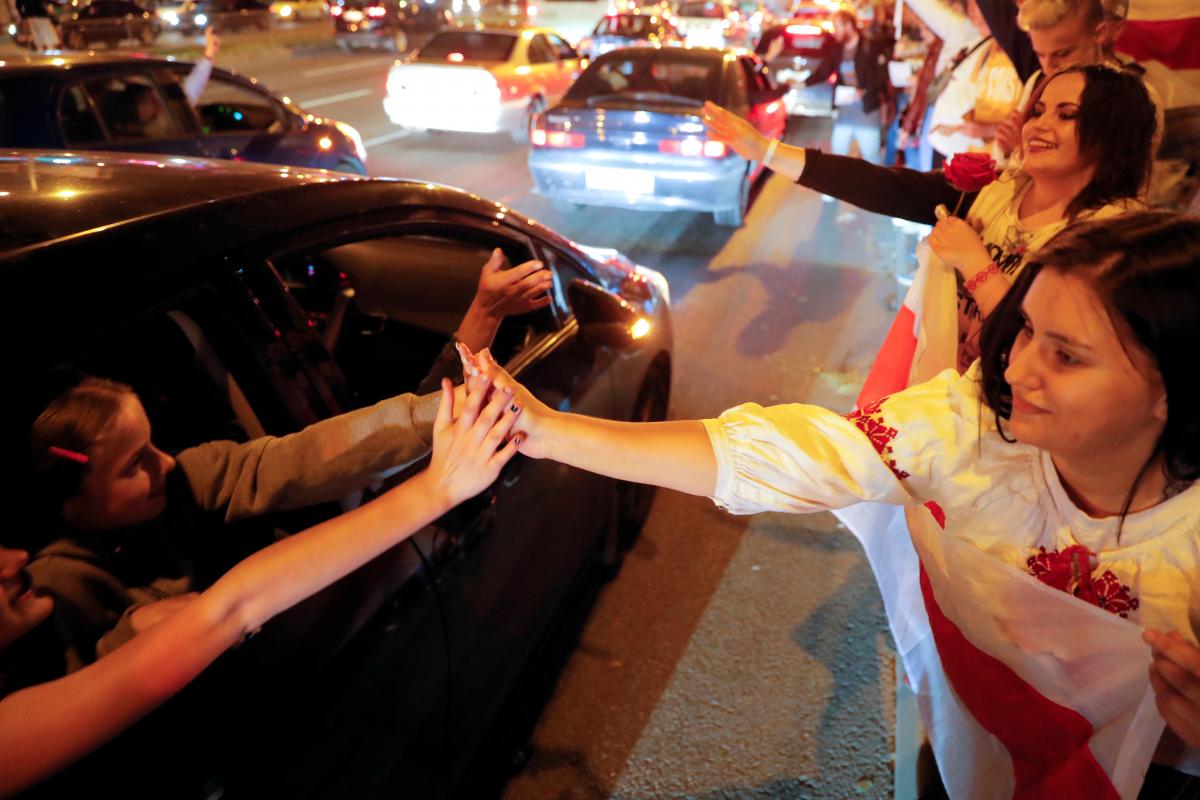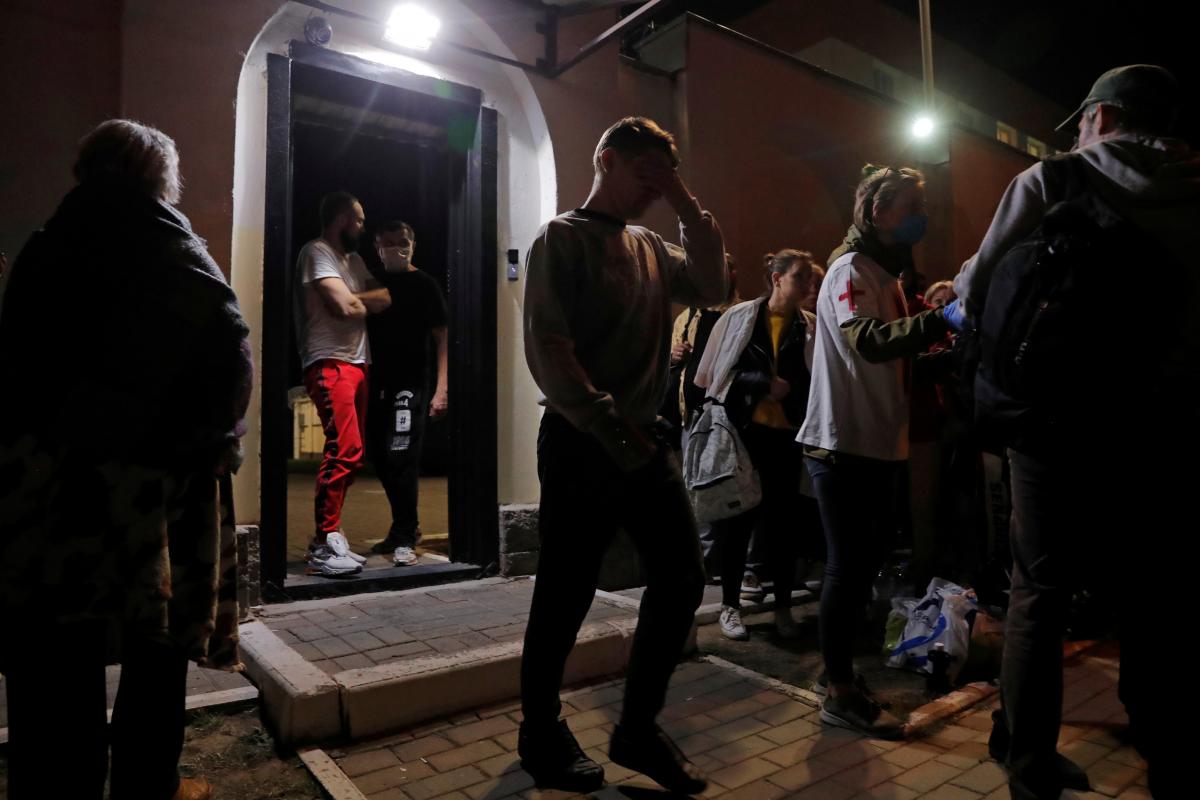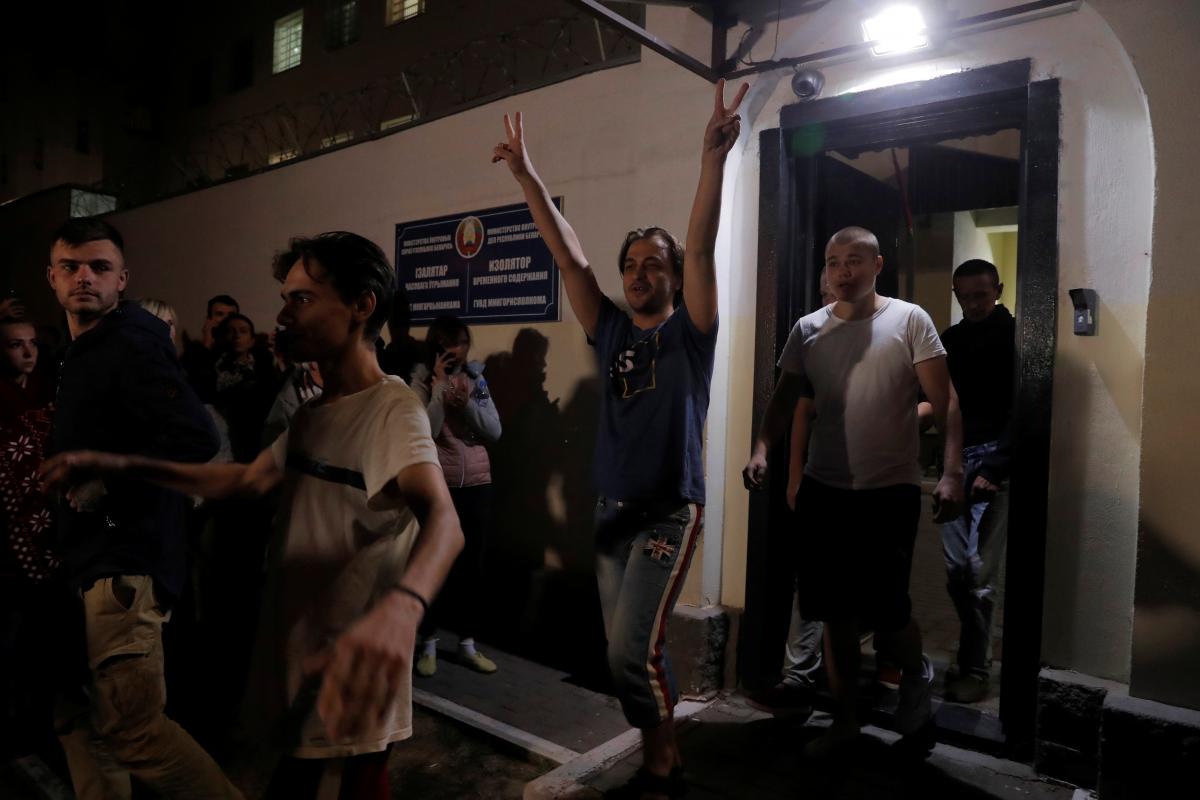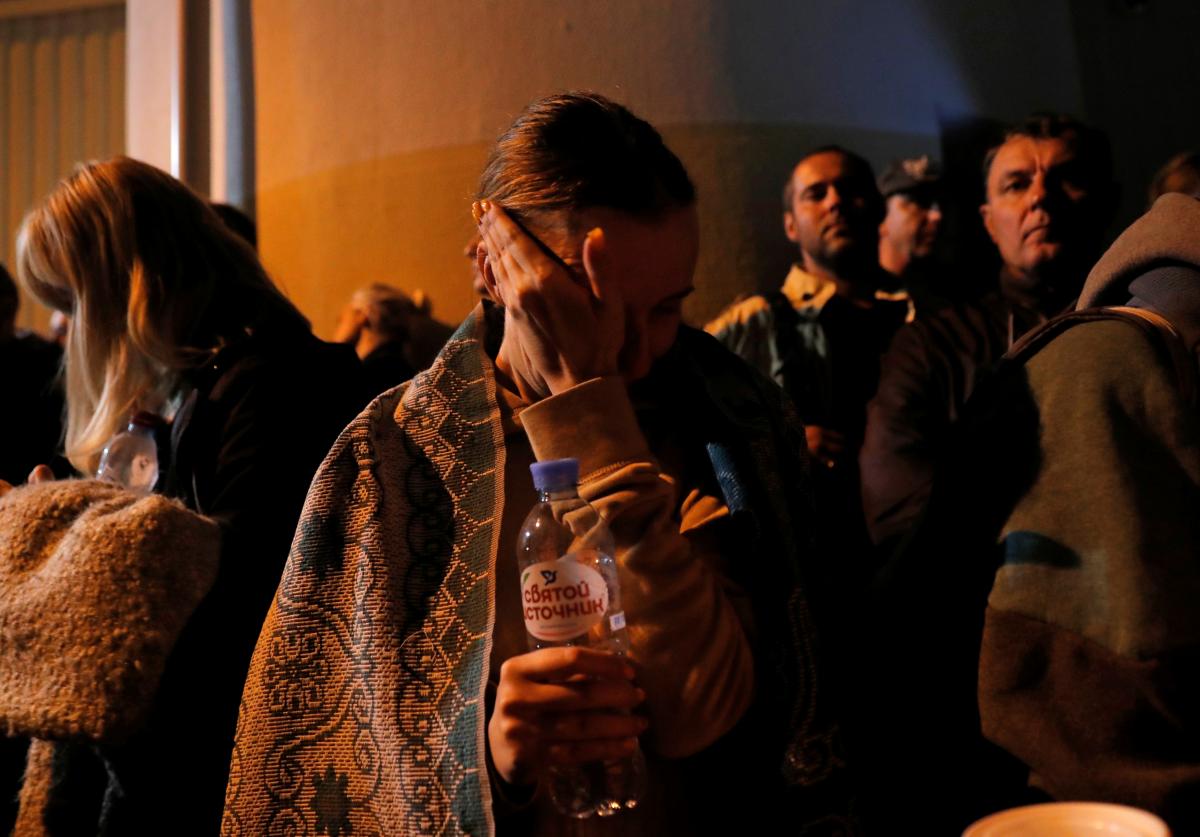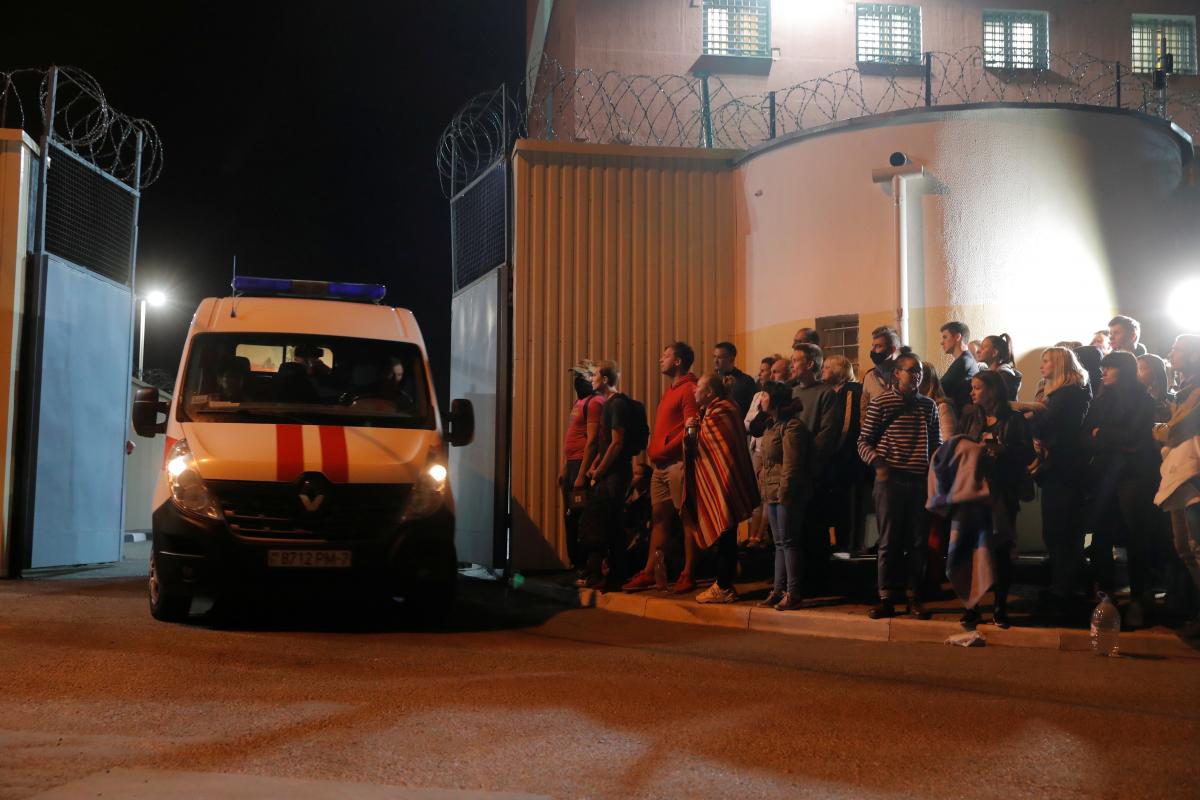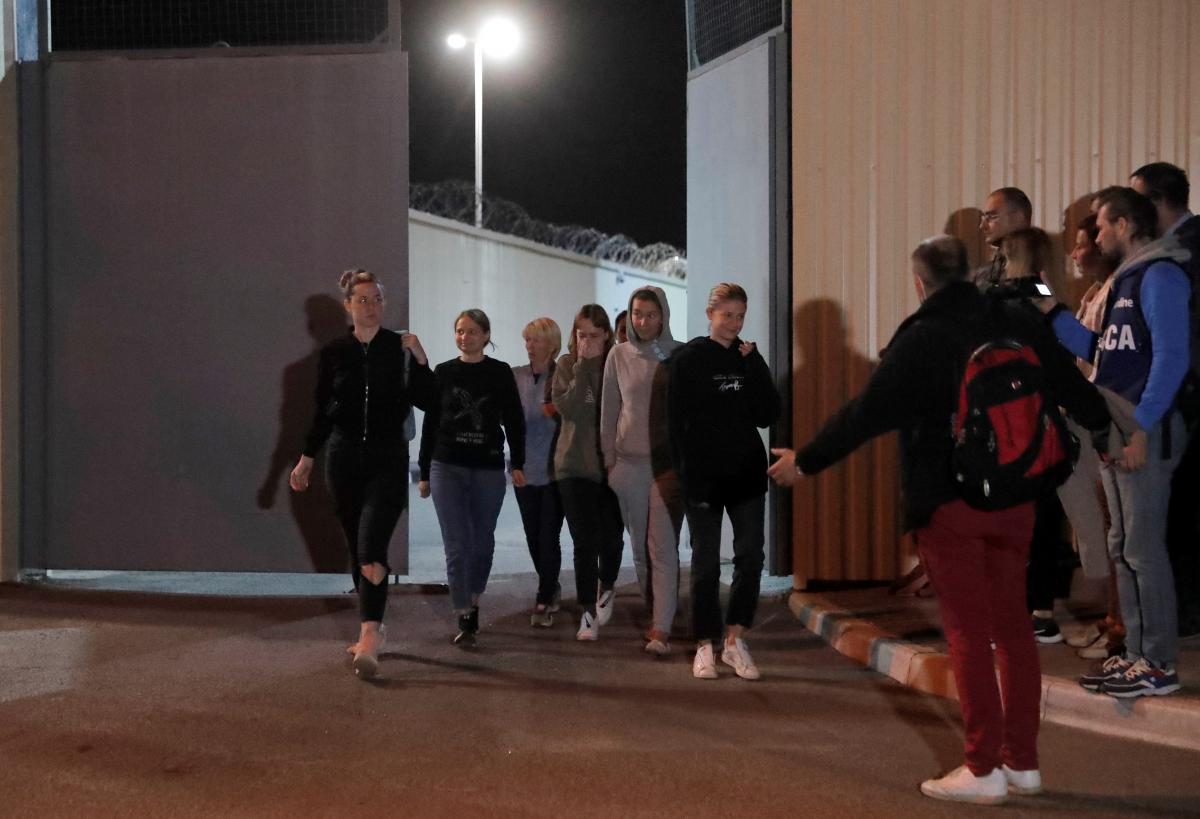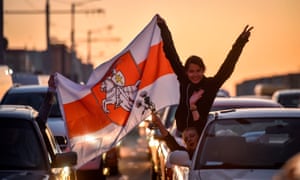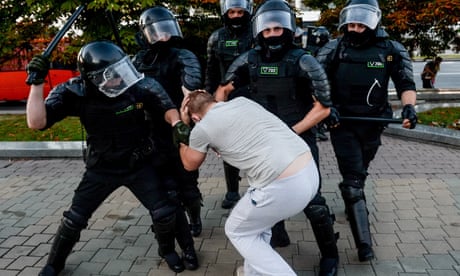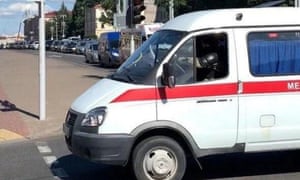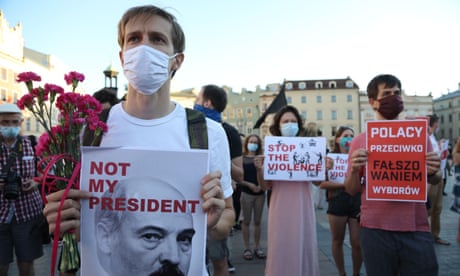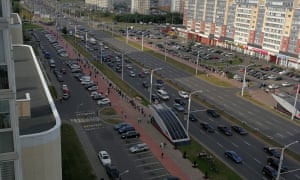RUSSIA IN REVIEW: TURMOIL IN BELARUS BENEFITS THE KREMLIN
Aug 14, 2020 - Press ISW
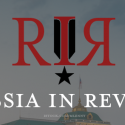

By Paisley Turner and Mason Clark
Key Takeaway: Belarusian President Alexander Lukashenko will likely survive current mass protests but will emerge substantially more vulnerable to Russian pressure. Lukashenko claims to have won the August 9 election with 80 percent of the vote, sparking mass protests. Lukashenko is successfully containing the demonstrations and forced leading opposition candidate Svetlana Tsikhanouskaya to flee to Lithuania and denounce the protests. Lukashenko’s domestic position is nevertheless weakened by these unprecedented displays of public opposition, and his ability to resist pressure from the Kremlin is reduced.
Belarusian President Alexander Lukashenko will likely remain in power despite mass protests following the August 9 presidential election. The Belarusian Central Electoral Commission (CEC) claimed Lukashenko won 80.23 percent of the vote while leading opposition candidate Svetlana Tsikhanouskaya received only 9.9 percent.[1] An unverified exit poll by vote monitor Golos reported that Tsikhanouskaya received 80 percent of the vote.[2] Lukashenko manipulated the vote by arresting election observers, cutting internet service to prevent vote monitoring coordination, and simply falsifying vote counts with mass ballots.[3]
Well-organized protesters are contesting the election results. Tsikhanouskaya rejected the result and encouraged Belarusians to protest on August 9.[4] Thousands of Belarusians began protesting on August 9 following early exit polls proclaiming a Lukashenko victory.[5] Protests continued into August 10 and 11.[6] Several Telegram accounts established just before the election are issuing detailed instructions and coordinating protesters.[7] The protests likely emerged organically within Belarus without significant foreign support.
Belarusian security forces are successfully controlling the protests. Belarusian security forces detained 3,000 across Belarus on August 9 and reportedly killed one protester.[8] The security forces remain loyal to Lukashenko, despite localized incidents of police refraining from violence they were ordered to commit against protesters.[9]
Lukashenko is likely directly threatening Tsikhanouskaya and her family in order to break up the protest movement. Tsikhanouskaya fled Belarus to Lithuania on August 10 after Belarusian security personnel detained her at the Belarusian CEC headquarters for three hours. She then personally released a video implying she left for the safety of her children, whom she sent to Lithuania during the election campaign.[10] Tut.by, a pro-Lukashenko news outlet, later released a video of Tsikhanouskaya reading a prepared statement asking Belarusians stop protesting and accept the stated results of the election in a second video, likely recorded during her time in the CEC.[11]
Lukashenko’s decisions in the last 6 months provoked the current historic protests and weakened his position.
Lukashenko’s botched COVID-19 response sparked public outcry. Lukashenko refused to implement lockdown measures, labeled the virus a “psychosis,” and recommended Belarusians drink vodka and go to saunas to “poison” the virus.[12] 150,000 Belarusians signed a petition to the World Health Organization asking for safety measures in Belarus in early April.[13]
Protests against Lukashenko’s repression of opposition candidates merged with pre-existing COVID protests in May. The CEC banned and later arrested opposition blogger Sergei Tsikhanouski, Svetlana Tsikhanouskaya’s husband, in May.[14] Two thousand protesters marched in Minsk on May 31 in response.[15] Authorities arrested opposition candidate Nikolai Statkevich while he was en route to support Tsikhanouski.[16] Belarusian police next arrested leading opposition candidate Viktor Babriko, who was formerly chairman of Belgazprombank, a subsidiary of Russian gas giant Gazprom, on June 18.[17]
Babriko’s arrest led thousands to protest in 10 cities on June 19 and 20.[18] The CEC officially blocked Babariko and opposition candidate Valery Tsepkalo from the election on July 14, provoking further protests.[19] Belarusian security forces arrested an estimated 1,140 protesters, journalists, and opposition candidates from May to July in response.[20] Svetlana Tsikhanouskaya emerged as the opposition frontrunner following Babariko’s detention.
Lukashenko’s crackdown in late June exposed fissures in his security services. Members of the Belarusian security forces expressed support in uniform for the June protests on social media.[21] Members of the Belarusian military also attended a rally for Tsikhanouskaya in Brest on August 2.[22] Riot police at an August 9 protest lowered their shields while protesters chanted “well done” and hugged them.[23] These protests are the first visible cracks in the reliability of the security forces. Lukashenko retains strong but incomplete control over his security forces; he is successfully using them to crush post-election protests but declining support will likely weaken him in the long-term.
Lukashenko’s incompetence and repressive measures coalesced to provoke an unprecedented protest movement prior to the August 9 election. Belarusian mass protests historically occurred after elections and were quickly suppressed, as in 2006 and 2010. [24] Lukashenko used open threats of violence and leveraged the threat of the then-recent Maidan revolution in Ukraine to prevent protests altogether in 2015.[25] The formation of a protest movement before the 2020 election, exacerbated by anger at Lukashenko’s COVID-19 response, uniquely challenged Lukashenko.
Lukashenko likely underestimated Tsikhanouskaya due to her political inexperience. On July 30, Tsikhanouskaya held the largest political rally since Belarus’s independence from the Soviet Union in 1991 with over 60,000 people in attendance.[26] This rally was followed by another historic protest, the largest political rally in the history of the city of Brest with 20,000 people in attendance on August 2.[27] The protest movement developed at scale with surprising speed, considering Belarus’ lack of established civil society networks and Lukashenko’s control over communication services.
Lukashenko attempted to frame his suppression efforts as combatting international, primarily Russian, interference. Lukashenko admitted he personally ordered security forces to arrest Babariko and Tsikhanouski, claiming they were Russian puppets and he was upholding democracy by preventing foreign interference.[28] Belarusian security forces arrested 33 Russians from the Kremlin-backed private military company (PMC) “Wagner Group” on July 29, claiming they were sent by the Kremlin to instigate protests.[29] Ukrainian officials confirmed 28 of the 33 alleged Wagner personnel fought with Russian-backed proxies in Donbas on July 31.[30] Lukashenko repeatedly claimed Russia, Ukraine, or the United States would attempt to overthrow him during the election.[31] Lukashenko domestically portrayed the election as a choice between stability and chaos to justify crackdowns on protests.[32]
Implications:
Lukashenko will likely retain power but is increasingly susceptible to Kremlin pressure. Lukashenko forced Putin to miss a publicly stated late 2019 deadline to advance the Union State process, a supranational agreement with the stated goal of the federal integration of Russia and Belarus under a joint structure.[33] ISW has previously assessed that Putin may have sought to use the Union State as way to retain power after the expiration of his presidential term. Following this defeat, Putin instead amended the Russian Constitution to allow himself to remain effectively president for life.[34] Lukashenko’s weakened domestic position following his COVID-19 response and ongoing protests will likely increase Russian leverage and reverse Lukashenko’s successes.
The Kremlin’s objective is to cement Russian suzerainty over Belarus. The Kremlin has two main courses of action to achieve this objective – supporting Lukashenko while weakening him or supporting a new regime. The Kremlin likely prefers Lukashenko in power over a possible alternative who would attempt to break relations with the Kremlin or block the Union State, or the likely international repercussions of a hybrid intervention in Belarus. The Kremlin retains the capability, however, to take advantage of a collapse of the Lukashenko government to permanently cement its control over Belarus.
The US must be prepared to deter any potential effort by Putin to take advantage of the protest movement in order to subjugate Belarus. However, the US must avoid legitimizing Lukashenko’s undemocratic actions and crackdown on the protest movement. Increased Kremlin dominance over Belarus would advance the Kremlin’s strategic goals of regaining control over the Soviet Union and free up Russian resources to further pressure Europe, which the US must contest - but not at the expense of support for essential liberal values.
[1] Mary Ilyushina, Helen Regan and Tara John, "Protests in Belarus as disputed early election results give President Lukashenko an overwhelming victory,” CNN, August 10, 2020, https://www.cnn.com/2020/08/10/europe/belarus-election-protests-lukashenko-intl-hnk/index.html; Andrei Makhovsky, “In Belarus, some don't wait for Lukashenko to start worrying about coronavirus,” Reuters, April 1, 2020, https://www.reuters(.)com/article/us-health-coronavirus-belarus/in-belarus-some-dont-wait-for-lukashenko-to-start-worrying-about-coronavirus-idUSKBN21J4YV.
[2] Mary Ilyushina, Helen Regan and Tara John, "Protests in Belarus as disputed early election results give President Lukashenko an overwhelming victory,” CNN, August 10, 2020, https://www.cnn.com/2020/08/10/europe/belarus-election-protests-lukashenko-intl-hnk/index.html.
[3] [“Elections in Belarus: Users Report Internet Disruptions,”] NV, August 10, 2020, https://nv(.)ua/world/countries/vybory-v-belarusi-nachalis-problemy-s-internetom-novosti-belarusi-50105180.html; [“Human rights activists say that independent observers are being detained at polling stations in Belarus,”] TASS, April 6, 2020, https://tass(.)ru/mezhdunarodnaya-panorama/9133547;
[4] Mary Ilyushina, Helen Regan and Tara John, "Protests in Belarus as disputed early election results give President Lukashenko an overwhelming victory,” CNN, August 10, 2020, https://www.cnn.com/2020/08/10/europe/belarus-election-protests-lukashenko-intl-hnk/index.html.
[5] "Lukashenko wins Belarus presidential vote, according to official exit poll,” DW, August 10, 2020, https://www.dw.com/en/lukashenko-wins-belarus-presidential-vote-according-to-official-exit-poll/a-54500994
[6] "Protester Dies In Minsk As Clashes Over Election Go Into Second Night,” Radio Free Europe/ Radio Liberty, August 10, 2020, https://www.rferl.org/a/belarus-president-lukashenka-reelected-in-landslide-amid-violent-protests-over-rigged-vote/30775437.html.
[7] Nexta Telegram Channel, https://t(.)me/s/nexta_live?fbclid=IwAR3yX5kEuh8IkQ-9WZar8SdL03VHviaugWVdYskTQN3A0fTEPmwIYxlQuRk; Belamova Telegram Channel, https://t(.)me/s/belamova.
[8] "Hundreds detained in post-election protests. Multiple injured. One reported dead,” Vyasna, August 10, 2020, https://elections2020.spring96.org/en/news/98920. "About 3,000 People Detained During Protests in Belarus, Interior Ministry Says,” TASS, August 10, 2020, https://tass.com/world/1187671.
[9] NEXTA, Twitter, August 9, 2020, https://twitter.com/NEXTA_EN/status/1292593863257919488; Denis Kazakiewics, Twitter, August 9, 2020, https://twitter.com/Den_2042/status/1292509748466790401.
[10] Isabelle Khurshudyan, “Belarus Opposition Candidate Leaves Country Amid Protests Over Disputed Election,” The Washington Post, August 11, 2020, https://www.washingtonpost.com/world/europe/violent-clashes-in-belarus-over-disputed-election-heat-up-as-main-opposition-candidate-flees-country/2020/08/11/a9cbadec-db91-11ea-b4f1-25b762cdbbf4_story.html; Svetlana Tsikhanouskaya, [“I Went to the Children,”] Youtube Country for Life, August 11, 2020, https://www.youtube.com/watch?v=9DzisJ388Xs.
[11] PostersAsh, Twitter, August 11, 2020, https://twitter.com/PostersAsh/status/1293143534246285313; Tut.by, Twitter, August 11, 2020, https://twitter.com/tutby/status/1293129757148807169; [“Tsikhanouskaya Recorded a New Video,”] Tut.by Telegram channel, August 11, 2020 https://t(.)me/tutby_official/10172; “Presidential Candidate Svyatlana Tsikhanouskaya On Leaving Belarus: ‘A Very Difficult Decision’,” https://en(.)currenttime.tv/a/30777678.html.
[12] Andrei Makhovsky, “In Belarus, some don't wait for Lukashenko to start worrying about coronavirus,” Reuters, April 1, 2020, https://www.reuters(.)com/article/us-health-coronavirus-belarus/in-belarus-some-dont-wait-for-lukashenko-to-start-worrying-about-coronavirus-idUSKBN21J4YV.
[13] [“150 Thousand Belarusians Applied to WHO due to Coronavirus Situation,”] Lenta, April 7, 2020, https://lenta(.)ru/news/2020/04/07/150_tysyach/.
[14] "Belarus: Activists, Journalists Jailed as Election Looms,” Human Rights Watch, April 22, 2020, https://www.hrw.org/news/2020/05/22/belarus-activists-journalists-jailed-election-looms; "Belarus: Full-scale Attack on Human Rights Ahead of Presidential Election,” Amnesty International, June 29, 2020, https://www.amnesty.org/en/latest/news/2020/06/belarus-fullscale-attack-on-human-rights-ahead-of-presidential-election/.
[15] [“The Interior Ministry Said that $900,000 and a Radio Station had been Found in Tikhanovsky's Possession,”] Svaboda, June 4, 2020, https://www.svaboda(.)org/a/30652252.html.
[16] “Belarusian Opposition Leader Statkevich Detained On Way To Rally,” Radio Free Europe/Radio Liberty, May 31, 2020, https://www.rferl(.)org/a/belarusian-opposition-leader-statkevich-detained-on-way-to-rally/30644527.html.
[17] Linas Jegelevicius, “Victor Babariko, Main Rival of Alexander Lukashenko, Barred from Belarus Presidential Election,” Euronews, July 30, 2020, https://www.euronews(.)com/2020/07/14/victor-babariko-main-rival-of-alexander-lukashenko-barred-from-belarus-presidential-electi.
[18] Olga Demidova, [“Ministry of Internal Affairs of Belarus Reports 270 Arrested after Pickets,”] DW, June 20, 2020, https://www.dw.com/ru/%D0%BC%D0%B2%D0%B4-%D0%B1%D0%B5%D0%BB%D0%B0%D1%80%D1%83%D1%81%D0%B8-%D1%81%D0%BE%D0%BE%D0%B1%D1%89%D0%B8%D0%BB%D0%BE-%D0%BE-270-%D0%B7%D0%B0%D0%B4%D0%B5%D1%80%D0%B6%D0%B0%D0%BD%D0%BD%D1%8B%D1%85-%D0%BF%D0%BE%D1%81%D0%BB%D0%B5-%D0%BF%D0%B8%D0%BA%D0%B5%D1%82%D0%BE%D0%B2/a-53885281.
[19] “Protests Erupt Across Belarus After Top Lukashenka Challenger Barred From Presidential Election,” Radio Free Europe/Radio Liberty, July 14, 2020, https://www.rferl(.)org/a/babaryka-not-registered-among-four-presidential-challengers-to-incumbent-lukashenka-in-belarus/30725827.html; [“Lukashenko's main rivals in the elections Babariko and Tsepkalo were not registered as presidential candidates in Belarus,”] Censor, July 14, 2020, https://censor(.)net.ua/news/3207973/osnovnyh_sopernikov_lukashenko_na_vyborah_babariko_i_tsepkalo_ne_zaregistrirovali_kandidatami_v_prezidenty.
[20] “Belarusian Authorities Accused Of 'Fostering Fear' Ahead Of Presidential Vote,” Radio Free Europe/Radio Liberty, July 27, 2020, https://www.rferl(.)org/a/belarusian-authorities-accused-of-fostering-fear-ahead-of-presidential-vote/30749247.html.
[21] Evgeny Dvornikov, [“You are not our president ": Belarusian security officials staged an online protest against Lukashenko,”] Radio KP, June 24, 2020, https://radiokp(.)ru/politika/ty-ne-nash-prezident-siloviki-belorussii-ustroili-onlayn-protest-protiv-lukashenko_nid25694_au5860au;Steven.
[22] [“Svetlana Tikhanovskaya Held the Largest Rally in the History of Brest,”] Charter 97, August 2, 2020, https://charter97(.)org/ru/news/2020/8/2/387938/.
[23] NEXTA, Twitter, August 9, 2020, https://twitter.com/NEXTA_EN/status/1292593863257919488.
[24] Aileen Eisenberg, “Belarusian Citizens Protest Presidential Election, 2006,” Global Nonviolent Action Database, February 24, 2013, https://nvdatabase.swarthmore.edu/content/belarusian-citizens-protest-presidential-election-2006; Myers, Steven Lee and C.J. Chivers. “Arrests Hold Down Protests on Belarus Vote” NY Times International, 22 March 2006, http://www.nytimes.com/2006/03/22/international/europe/22belarus.html?.
[25] Shaun Walker, “Belarus Election: Alexander Lukashenko Wins Fifth Term with Election Landslide,” The Guardian, October 12, 2015,
[26] Andrew Roth, “Huge Crowds Rally for Belarus Opposition Leader in run-up to Presidential Election,” The Guardian, July 31, 2020, https://www.theguardian.com/world/2020/jul/31/huge-crowds-rally-for-belarus-opposition-leader-in-run-up-to-presidential-election.
[27] [“Svetlana Tikhanovskaya held the largest rally in the history of Brest,”] Charter 97, August 2, 2020, https://charter97.org/ru/news/2020/8/2/387938/.
[28] [“To be in Time in 10 seconds: Sasha Tarakan Insists that Negotiations with Putin Were,”] Charter 97, July 1, 2020, https://charter97.org/ru/news/2020/7/1/384250/; [“Lukashenka Blames "Russian Puppeteers" for Election Interference,”] Rosbalt, June 25, 2020, https://www.rosbalt.ru/world/2020/06/25/1850722.html.
[29] “Belarus Arrested 33 Russian Mercenaries Outside of Minsk Today. Here’s What we Know, So Far,” Meduza, July 29, 2020, https://meduza.io/en/feature/2020/07/29/belarus-arrested-33-russian-mercenaries-outside-of-minsk-today-here-s-what-we-know-so-far.
[30] [”The Office of the Prosecutor General Informed the Competent Authorities of Belarus of their Intentions to Demand the Extradition of the Participants in the Armed Conflict in Eastern Ukraine Detained on its Territory,”] The Office of the Prosecutor General of Ukraine, July 31, 2020, https://www.gp.gov(.)ua/ua/news?_m=publications&_c=view&_t=rec&id=277950&fbclid=IwAR0A8kZujVpnYsocgevF-2w1_M0xcfGL3Dr-f7JCYtwkOlQomdEdwx00xEg.
[31] “Message to the Belarusian People and the National Assembly,”] President of the Republic of Belarus, August 4, 2020, http://president.gov.by/ru/news_ru/view/poslanie-belorusskomu-narodu-i-natsionalnomu-sobraniju-24168/.
[32] “Interview with Lukashenko,” Dmitry Gordon, August 5, 2020, https://www.youtube.com/watch?v=R5UmsPFMUaw.
[33] “Russia in Review: Belarus Update: Lukashenko Uses Oil Tariffs to Delay Integration with Russia,” Institute for the Study of War, February 4, 2020, https://www.iswresearch.org/2020/02/russia-in-review-belarus-update.html.
[34] Nataliya Bugayova, “Vladimir Putin’s Stages Power Play,” Institute for the Study of War, January 31, 2020, http://www.understandingwar.org/backgrounder/vladimir-putins-staged-power-play; George Barros, “Russian in Review: Putin Deploys New Authoritarian Controls during the COVID-19 Pandemic,” Institute for the Study of War, July 2, 2020, http://www.iswresearch.org/2020/07/russia-in-review-putin-deploys-new.html; “Russia in Review: Belarus Update: Lukashenko Uses Oil Tariffs to Delay Integration with Russia,” Institute for the Study of War, February 4, 2020, https://www.iswresearch.org/2020/02/russia-in-review-belarus-update.html; Mason Clark and Nataliya Bugayova, “Russia in Review: May 9-13, 2019,” Institute for the Study of War, May 14, 2019, https://www.iswresearch.org/2019/05/russia-in-review-may-9-13-2019.html.
Tags
Ukraine Project
Our History
Dr. Kimberly Kagan founded ISW in May 2007, as U.S. forces undertook a daring new counterinsurgency strategy to reverse the grim security situation on the ground in Iraq . Frustrated with the prevailing lack of accurate information documenting developments on the ground in Iraq and the detrimental effect of biased reporting on policymakers, Dr. Kagan established ISW to provide real-time, independent, and open-source analysis of ongoing military operations and insurgent attacks in Iraq. General Jack Keane (U.S. Army, Ret.), the Chairman of ISW’s board, also played a central role in developing the intellectual foundation for this change of strategy in Iraq, and supported the formation of the Institute in 2007.
http://www.understandingwar.org/who-we-are
http://www.understandingwar.org/who-we-are
